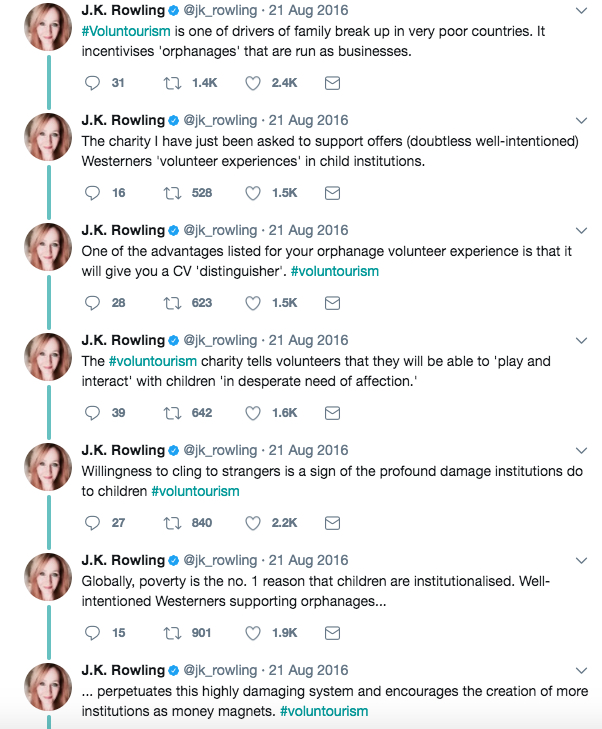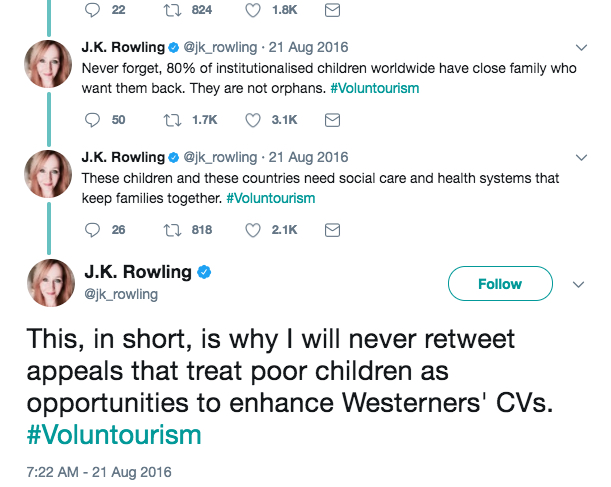 Late last year, I did an all-day training for a state fish and wildlife department – a government agency – about how to better engage volunteers: how to better design tasks for a variety of volunteers, to better support volunteers, to better track what they are doing and to recruit – not just recruiting volunteers to get tasks done, but also to recruit in order to reach a variety of communities and people. The people I taught were a mix of biologists and long-time volunteer leaders who had never had training in volunteer management.
Late last year, I did an all-day training for a state fish and wildlife department – a government agency – about how to better engage volunteers: how to better design tasks for a variety of volunteers, to better support volunteers, to better track what they are doing and to recruit – not just recruiting volunteers to get tasks done, but also to recruit in order to reach a variety of communities and people. The people I taught were a mix of biologists and long-time volunteer leaders who had never had training in volunteer management.
(read more about my consulting services and training work)
Before doing this type of intensive, specialized training, I do a lot of research to look at what similar organizations might be doing, trends that the client might want to consider, etc. One of the things that struck me as I was researching state fish and wildlife departments all over the USA was how many activities these agencies have for volunteers that people will pay thousands to go do in another country: building and repairing fish and wildlife habitats, counting wildlife, reporting on habitat conditions and more.
I thought about how this is true of so many other agencies as well: there are nonprofits and government programs all over the USA that will help people learn English, that help refugees navigate their new homes, that help people better understand the risks associated with HIV/AIDS, that help people who have lost their home, that help impoverished women with maternal health and infant care, and on and on – yet, people are willing to pay thousands of dollars for voluntourism experiences that make them feel like they are helping refugees, helping children, helping people at risk, etc., rather than participating in these programs just around the corner – or, at least, in their own country.
I don’t like voluntourism, where people pay money to go to another country and feel like they are helping people or the environment in just a few weeks, and I blog about my distaste frequently. So many – not all, but so many – are scams: a supposed wildlife sanctuary captures wild animals and puts them into enclosures and then sells voluntourism experiences, bringing in foreigners to “help.” A supposed orphanage is full of children who have parents, but the parents are paid to keep their children in the “orphanage” so that foreigners will pay large sums of money to come from overseas and “help.” The organizations take anyone who can pay – they don’t need anyone with actual skills or expertise because, supposedly, no one locally can do this “work”, so they must bring in anyone from abroad with “a good heart.” Sure, there are some worthwhile organizations for short-term volunteering abroad – and I list them on this free resource on my web site. But most are, to me, loathsome.
But I also am puzzled as to why so many nonprofits and government agencies in the USA – and other countries – do such a lousy job of talking about their volunteering opportunities. When I told the state agency I was training that people pay thousands of dollars to go do in, say, Kenya, many of the same volunteering tasks that this state agency struggles to find volunteering activities for, they were stunned. But it’s true!
Have a look at some of those shiny, heart-warming voluntourism sites. I’m not going to link to them here, but trust me, they are easy to find on Google or Bing. Look at photos on their sites, the language they use – look how much fun they make volunteering sound, or how they make volunteering sound like a challenge worthy of traveling thousands of miles for – and paying top dollar to experience. Now look at your organization’s web site: how does your agency talk about volunteers and the activities they do? Don’t oversell your program, but do recognize that any activity that allows volunteers to be outside, to be very physical, or to interact with clients are highly desired by many people. What you may see as just more work to do they may see as an opportunity to make a real difference in a cause they care about deeply.
Here’s more of my advice on volunteer recruitment:
- Diagnosing the causes of volunteer recruitment problems
- Brilliant volunteer firefighter recruitment video from Germany
- An incredible volunteer recruitment success story in Texas
- What should be on your organization’s web site
- Required Volunteer Information on Your Web Site
- Getting More Viewers for Your Organization’s Online Videos
- Mission statements for your volunteer engagement
- Recruiting Local Volunteers To Increase Diversity Among the Ranks
- Welcoming immigrants as volunteers at your organization
- If humans can do it, so can volunteers (who are, BTW, also humans)
- Letting Fear Prevent Volunteer Involvement is Too Risky
- If I can’t find what I’m looking for on your web site, who else can’t?
- why you can’t find/keep volunteer firefighters
- Making certain volunteers feel unwelcomed because of your language
And here’s more of my blogs regarding voluntourism and Westerners going to help abroad:
- More Than Me scandal in Liberia: a lesson to all who “just want to help”
- Isn’t my good heart & desire enough to help abroad?
- “But I wanted to help POOR people…”
- Vanity Volunteering: all about the volunteer
- In defense of skills over passion
- Want to work internationally? Get involved locally.
- Is it really *impossible* to break into humanitarian work?
- How to Pursue a Career with the United Nations or Other International Humanitarian or Development Organizations, Including Non-Governmental Organizations (NGOs)
- Volunteers themselves speaking out about voluntourism
- J.K. Rowling speaks out against orphan tourism
- Medical Voluntourism Can Cause Serious Harm
- The harm of orphanage voluntourism (& wildlife voluntourism as well)
- Ideas for Creating Your Own Large-Scale Volunteering Activity
My voluntourism-related & ethics-related blogs (and how I define scam)
Read more about my consulting services and training work.




